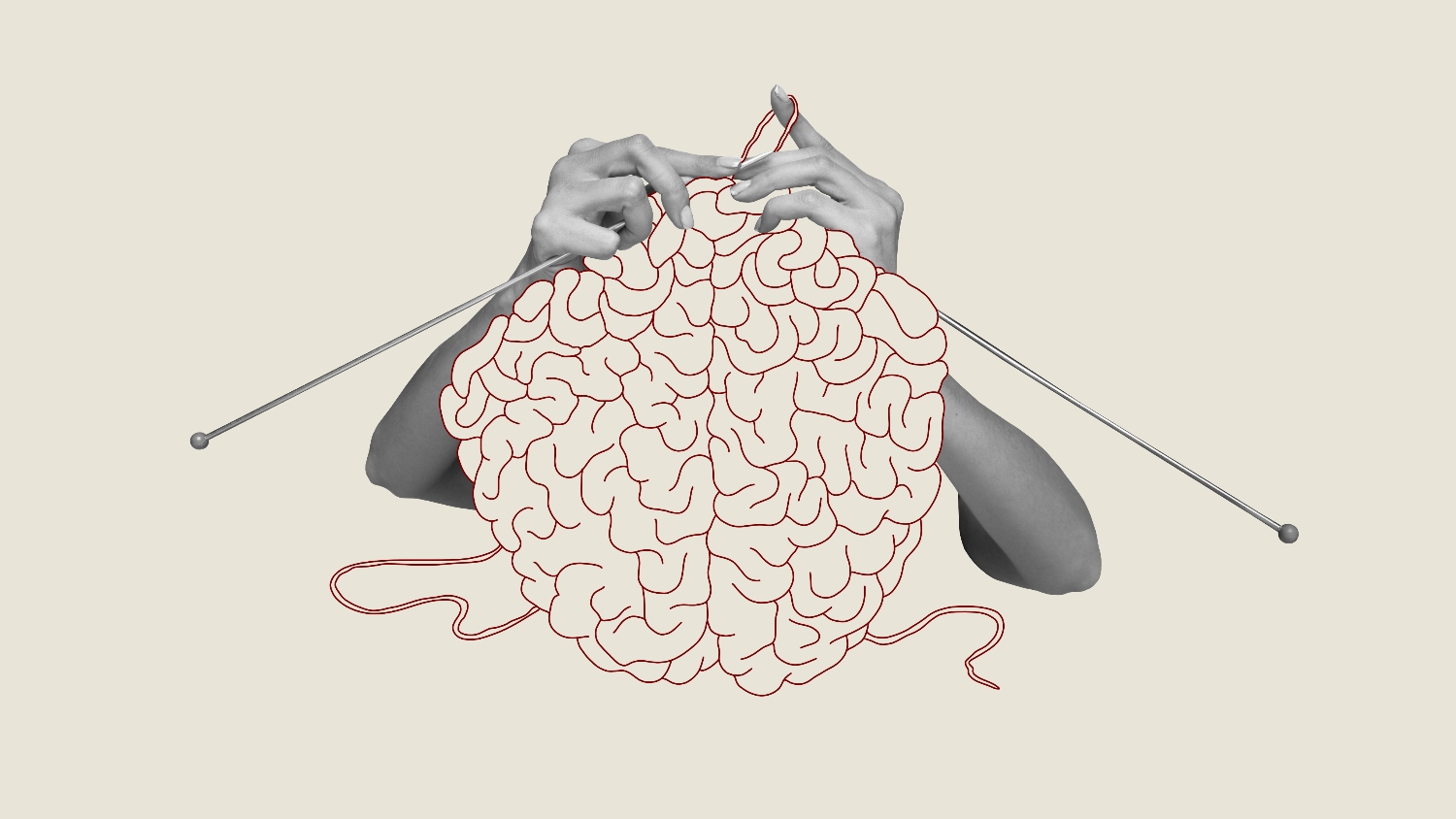The mathematical theory that helped find tipping points and early warning signs for the loss of resilience in lakes and forests can also be applied to the human mind, according to new research headed by ‘tipping-point professor’ Marten Scheffer.
About 15 years ago, aquatic ecologist Scheffer became the first to successfully apply mathematical theories about critical turning points in complex systems to empirical situations, namely freshwater lakes that turn murky. The finding that these fundamental principles can also be applied to the human mind offers new possibilities for the prevention and treatment of psychiatric disorders.
The essence of Scheffer’s ‘tipping-point research’ is the insight that complex systems can be in various states of equilibrium and systems don’t move smoothly from one state to another but rather in abrupt shifts — via tipping points. The tipping points are preceded by early warning signs.
The new research shows this mechanism also applies to psychiatric disorders. Psychiatric conditions are fundamentally different to other diseases as they can recur time and again, with the symptoms changing in the course of the person’s life. This research offers new possibilities for the early recognition and treatment of disorders.
‘Our findings imply the existence of early warning signs,’ explains Scheffer. ‘They could be picked up by smartwatches or smartphones, leading to timely interventions to strengthen someone’s mental resilience.’ Another important observation is that brief interventions can sometimes be enough to prevent the disease from recurring in a person for good. Scheffer: ‘That is now accepted, hard science for ecosystems and the climate, but it’s new in psychiatry.’ The journal JAMA Psychiatry will publish two articles on the topic next week.

 Photo Shutterstock
Photo Shutterstock 

